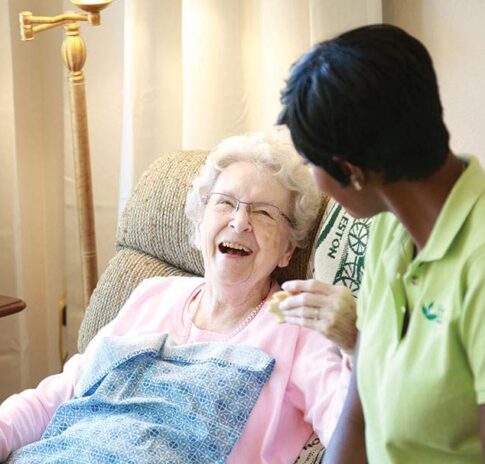Are you an eye donor? Many of us have checked the eye donor box on our driver’s license or state ID card, but do you really know what it means? Did you know you can be an eye donor even if you have cataracts, bad vision or have had lasik surgery?
 Although the cornea (the clear tissue in the front of the eye) is usually the only part of the eye that can be transplanted, the sclera (white of the eye) can also be used in some surgeries, and eye banks accept the whole eye for research and education. In fact, every donation can help between 1 – 2 people and everyone is a universal donor (unlike blood type). Donors are usually between the ages of 2 and 70, and the eye must be harvested between 8 – 12 hours after death. In very rare cases, an eye donor may be living
Although the cornea (the clear tissue in the front of the eye) is usually the only part of the eye that can be transplanted, the sclera (white of the eye) can also be used in some surgeries, and eye banks accept the whole eye for research and education. In fact, every donation can help between 1 – 2 people and everyone is a universal donor (unlike blood type). Donors are usually between the ages of 2 and 70, and the eye must be harvested between 8 – 12 hours after death. In very rare cases, an eye donor may be living
History of Corneal Transplants
In 2013, there were 48,229 corneal transplants performed in the U.S. Eye transplants go all the way back to the 1800s, with the first eye bank being established more than 50 years ago. Since it became common in 1961, more than 1,000,000 men, women and children have been blessed with sight restoration. The beauty of a corneal transplant is that the surgery is 95 – 99% successful! The sad part? There are many more people awaiting corneal transplants than there are donors available.
Who needs a corneal transplant?
Generally, corneal transplants are performed on individuals who have a disease, scar or infection of the cornea. Most candidates have a condition called keratoconus where the central cornea has become so thin that neither glasses nor contacts are effective. People who are totally blind and cannot see light generally cannot benefit from corneal transplants. Neither can people who have macular degeneration, since in this case it is the retina versus the cornea that is affected.
Want to become an eye donor? Check with your state to see the options for signing up.
Want to find out more about eye donation? Here are some great resources:
Eye Bank Association of America
Organ Donor
